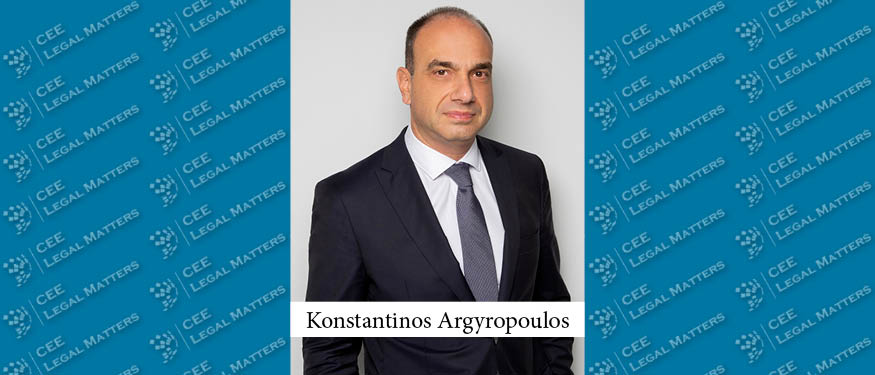A recently published government bill plans to modify the Hungarian personal income tax law by abolishing significant tax advantages associated with Hungarian trusts in a short period of time.
In summary, a Hungarian trust is a three-party relationship between the settlor, the trustee and the beneficiary. The settlor transfers a separate block of assets (such as a share in a business or ownership of real estate) to the trustee by entering into a Hungarian trust deed. The trustee is required to manage the transferred assets in his own name but for the benefit of a designated beneficiary, for a specified fee. The trustee specifies in the trust deed the beneficiary of the designated asset and the conditions under which the beneficiary's entitlement arises and ceases.
Under the current legislation, an individual settlor is not liable to pay tax and duty when he/she transfers his/her assets to a trustee, even if he/she appreciates the value of the assets (asset disposal at market price) in the course of the transfer.
However, with the adoption of the bill, the tax advantage of appreciation will be lost within a short period of time. This means that, for example, in the case of company share sales, it will not be possible to save the tax burden on the appreciation between the acquisition value and the market value by using Hungarian trusts alone. The effective date of the bill is the 30th day after its adoption, which, due to its forthcoming adoption, is estimated to be around mid-July 2023.
The introduced additional tax burden applies to those Hungarian trusts where the Hungarian trust deed between the settlor and the trustee is signed after the 30th day following the entry into force of the bill. It follows from the above that if parties sign the Hungarian trust deed before the given deadline, the Hungarian trust deed is not subject to the provisions of the modified personal income tax regulation, and the trustee may still benefit from the preferential Hungarian trust arrangement for this short period.
By Lilla Majoros, Attorney at law, KCG Partners Law Firm
















